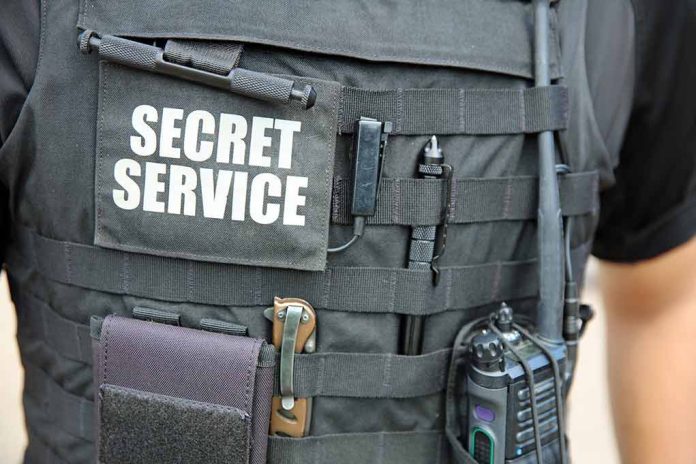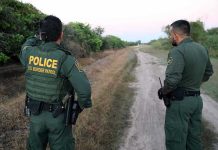
As citizens, we often assume that our nation’s most vital locations and high-profile officials are protected by impenetrable security measures. However, the events of January 6, 2021, exposed alarming vulnerabilities in our security apparatus. This story is crucial because it reveals how even the most respected agencies can falter, potentially jeopardizing our democracy. By understanding these lapses, we can work towards preventing similar incidents in the future and ensuring the safety of our institutions.
Intelligence Failures and Communication Breakdowns
The Secret Service had access to critical intelligence indicating potential violence before January 6, but failed to share this information effectively with agents protecting key officials. This breakdown in communication left personnel ill-prepared for the ensuing chaos.
“The Secret Service had advanced information more than 10 days beforehand regarding the Proud Boys’ planning for January 6″ – Rep. Adam Schiff
This failure to disseminate crucial information highlights a systemic issue within the agency, where vital intelligence was not properly utilized to enhance security measures.
Inadequate Security Measures
At the Democratic National Committee headquarters, the Secret Service failed to employ all available explosive detection measures, creating a significant security risk for Vice President Harris. This oversight exemplifies the broader issue of insufficient safeguards at key locations.
“The events of January 6 were unprecedented and the issues we identified during our review presented an opportunity for the Secret Service to be better prepared in the future” – Joseph Cuffari
The inspector general’s report identified several issues, including poor communication, inadequate security sweeps, and failure to properly identify threats, all of which contributed to the security lapses on January 6.
Broader Law Enforcement Failures
The security failures were not limited to the Secret Service. Multiple federal agencies, including the FBI and Department of Homeland Security, did not adequately act on intelligence about expected violence before January 6.
“Law enforcement had a very direct role in contributing to the security failures that led to the violence.” – Tim Heaphy
This collective failure to act on available intelligence represents a missed opportunity to prevent or mitigate the violence that unfolded at the Capitol.













